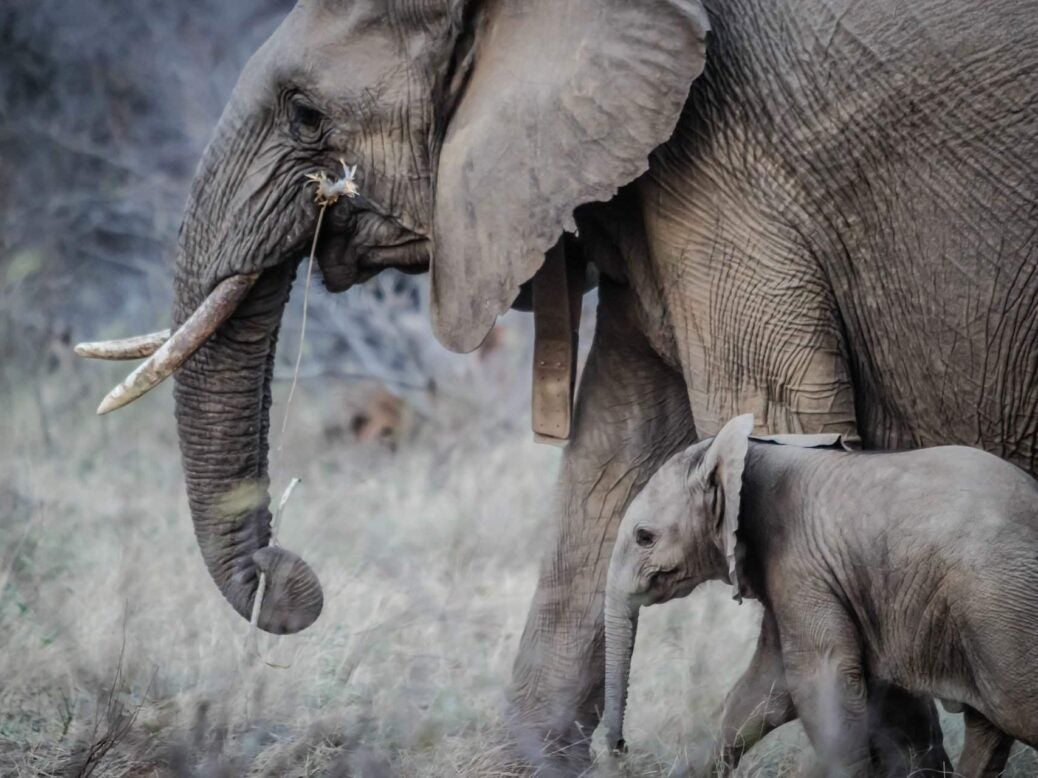
Across Africa, conservation is doing more than preserving wildlife and landscapes – it is helping transform the lives of the people, writes Lucia van der Post
Nobody who loves Africa can be unaware of the dire realities of its diminishing wildlife. As recently as 100 years ago, the plains of Africa were filled with roaming herds of buffalo, antelope, elephant, lion, rhino and all the other species that still delight the world. Today only a fraction of their number remain.
Mostly they are confined to a few protected reserves; everywhere their habitat and their very existence are under threat. If we look at what has happened to just one species – the elephant – it is enough to put the whole dire scenario in perspective.
In the 1930s there were estimated to be 5-10 million elephants roaming the continent. Today there are reckoned to be just over 400,000. While wild, untrammelled land and its roaming wildlife always mattered greatly to the old-time adventurers and romantics, they were mainly stirred by its beauty.
On a continent where many of its peoples are poor and struggle to survive, however, that was never going to be enough to save it. In the end it is the pragmatic realisation of the commercial value of wildlife that may come to its rescue. A Kenyan charity, the Sheldrick Wildlife Trust, has calculated that elephant tourism in Kenya, Tanzania, Zambia and South Africa contributes just short of $23,000 per elephant per year to the local economy – a total of more than $1.6 million over an elephant’s lifetime.
And with tourists come jobs. As the late, great Anton Rupert, a South African businessman and philanthropist, once put it to me: ‘Africa’s most pressing need is for jobs, and every tourist that comes creates seven jobs.’ For many countries it is the wildlife that brings in the punters. Take Malawi and Chad, two countries I have visited this year. In both, African Parks, a non-profit conservation organisation, has worked with the governments to try to restore the wild spaces, improve the lives of inhabitants and boost the economies. In Malawi it started in 2005 with Majete, which was what African Parks CEO Peter Fearnhead described as ‘a basket case’.
There were scarcely any animals left, so no tourists and no income.
Today, after rangers have been trained and equipped, poaching has virtually stopped, there is proper governance and community projects have been started, together with local health-care and education. Majete is flourishing, home to more than 12,000 animals, including sable, eland, several black rhino and the rest of the ‘big five’. In 2017 more than 9,000 tour-ists came, bringing in more than $500,000.Two years ago there was scarcely any revenue from tourists in Chad. Ennedi, a World Heritage site with some of the most glorious landscapes on the planet, had no tourist infrastructure. We travelled four days to reach it and camped in the desert. Today Ennedi is under the management of African Parks in partnership with the government.
Africa Parks asserts: ‘The irreplaceable cultural and natural value of this eden will be restored.’ The oryx has been reintroduced, and a semi-permanent luxury campsite right within Enn-edi will operate for several months a year, making it a perfect partner to Zakouma in the south. Zakouma’s wildlife had been decimated between 2002 and 2010 but order has been restored, wildlife is flourishing (whereas only one elephant calf under the age of five was spotted in 2011, last year 127 were seen, and buffalo numbers have risen from 220 to more than 12,000) and tourists are arriving.
Conservation is doing more than preserving wildlife and landscapes; it is helping transform the lives of the people. As Anton Rupert put it to me, ‘Foreign aid is all very well, but it isn’t a long-term solution. Work and a revenue source is.’ Landscapes properly managed with their indigenous animal populations are more and more playing their part.
Read more from the Spear’s Africa issue
It’s time to invest in an African future – inside the latest issue of Spear’s
Why the future of the global economy is African
This is the start of a crucial decade for Africa
Why diamond mining in Africa is a double-edged sword
Mo Ibrahim: ‘We invested in Africa…I made embarassing amounts of money’
Meet Jack Ma’s favourite African start-up






